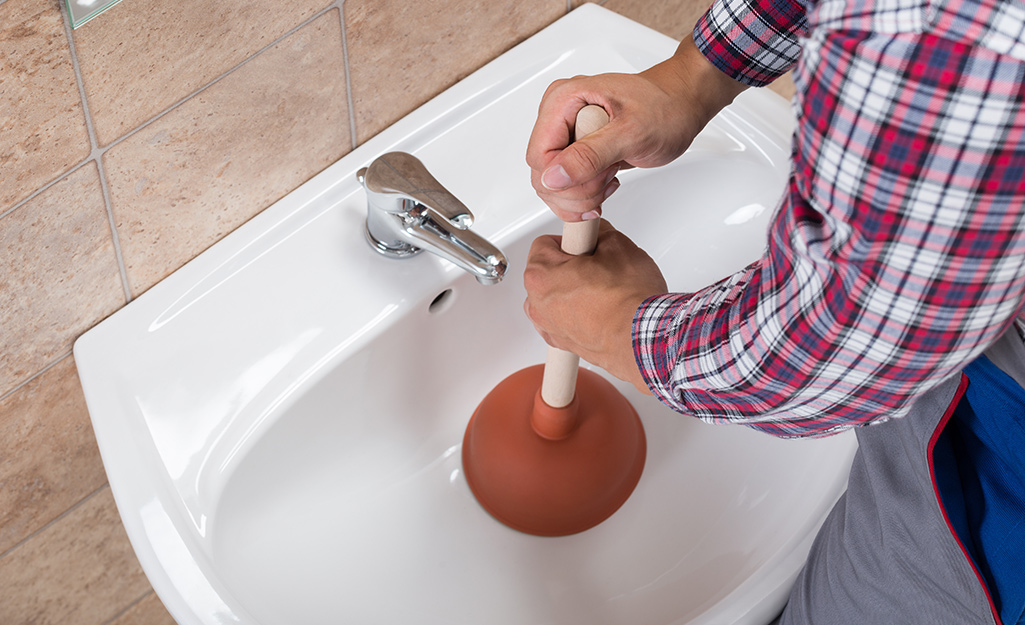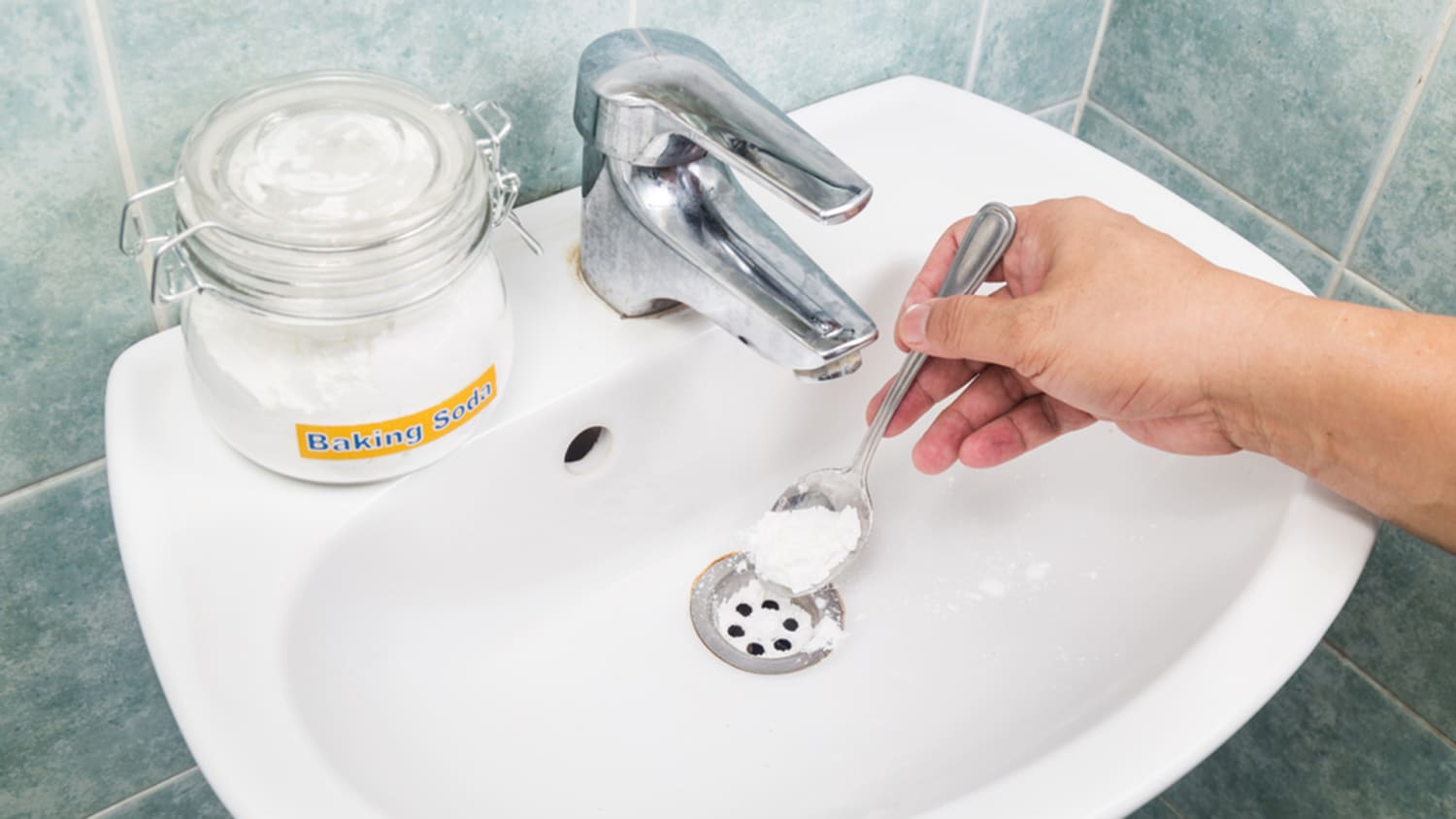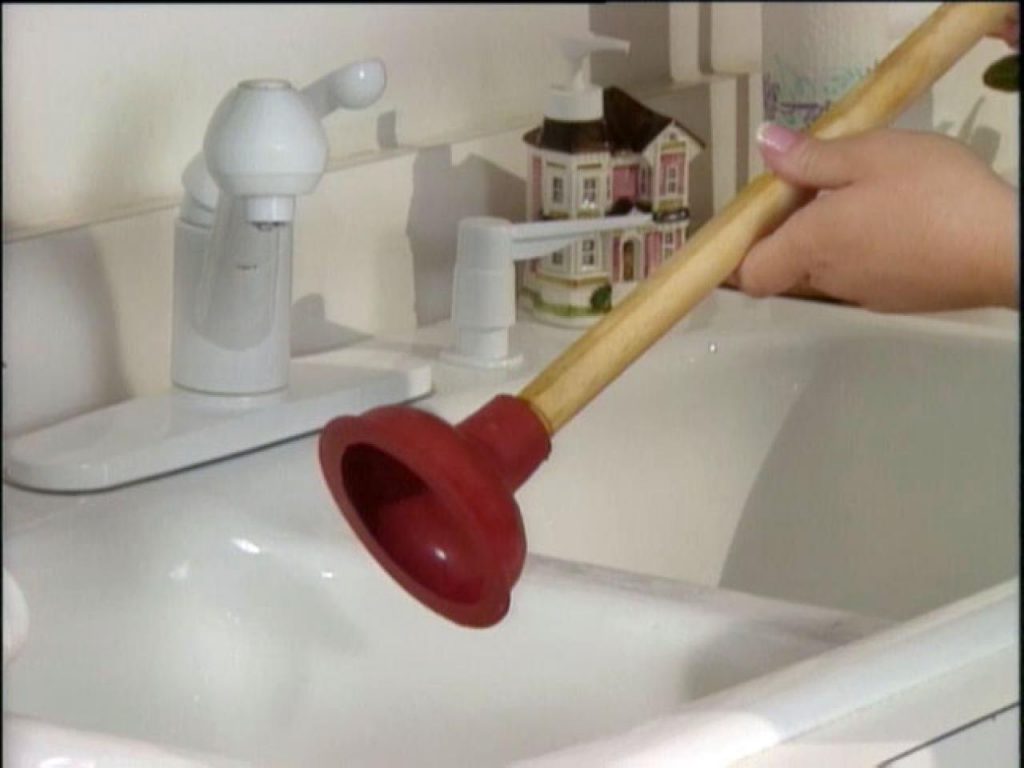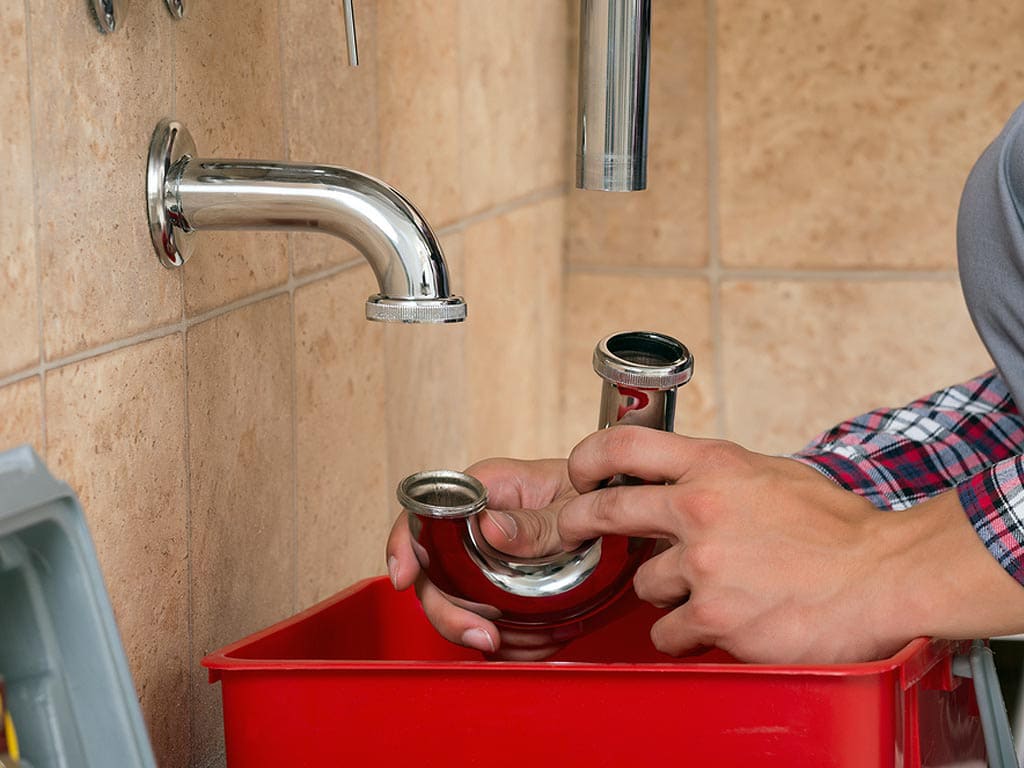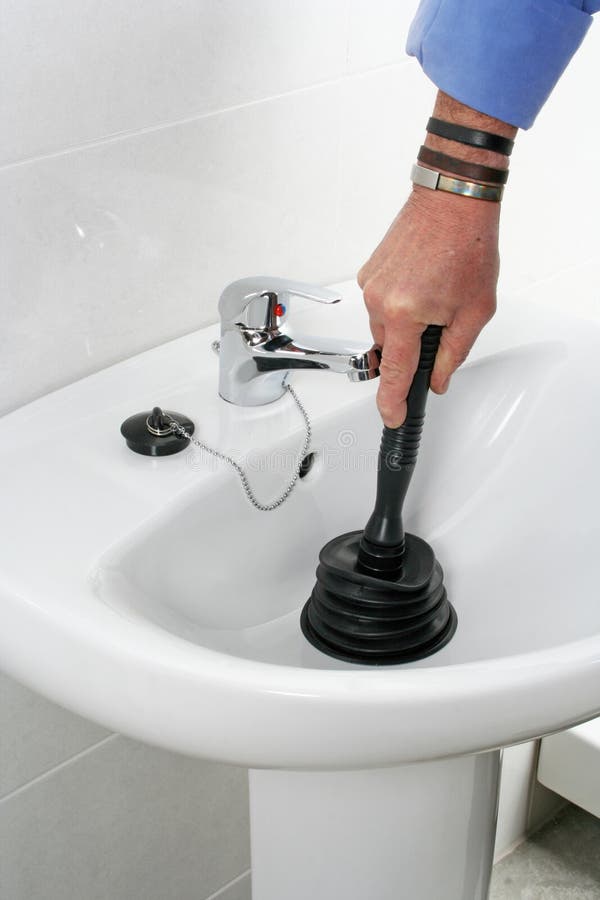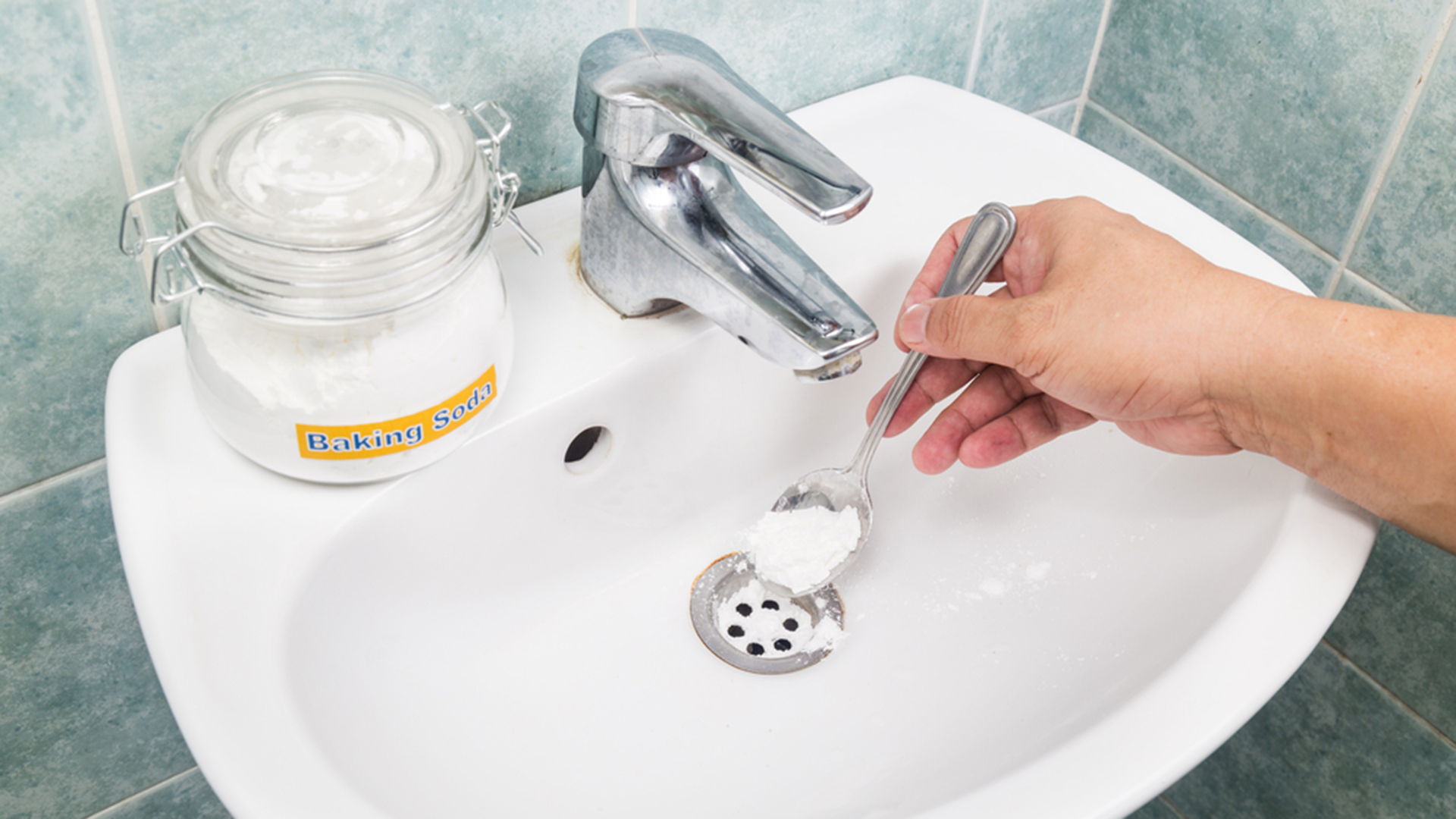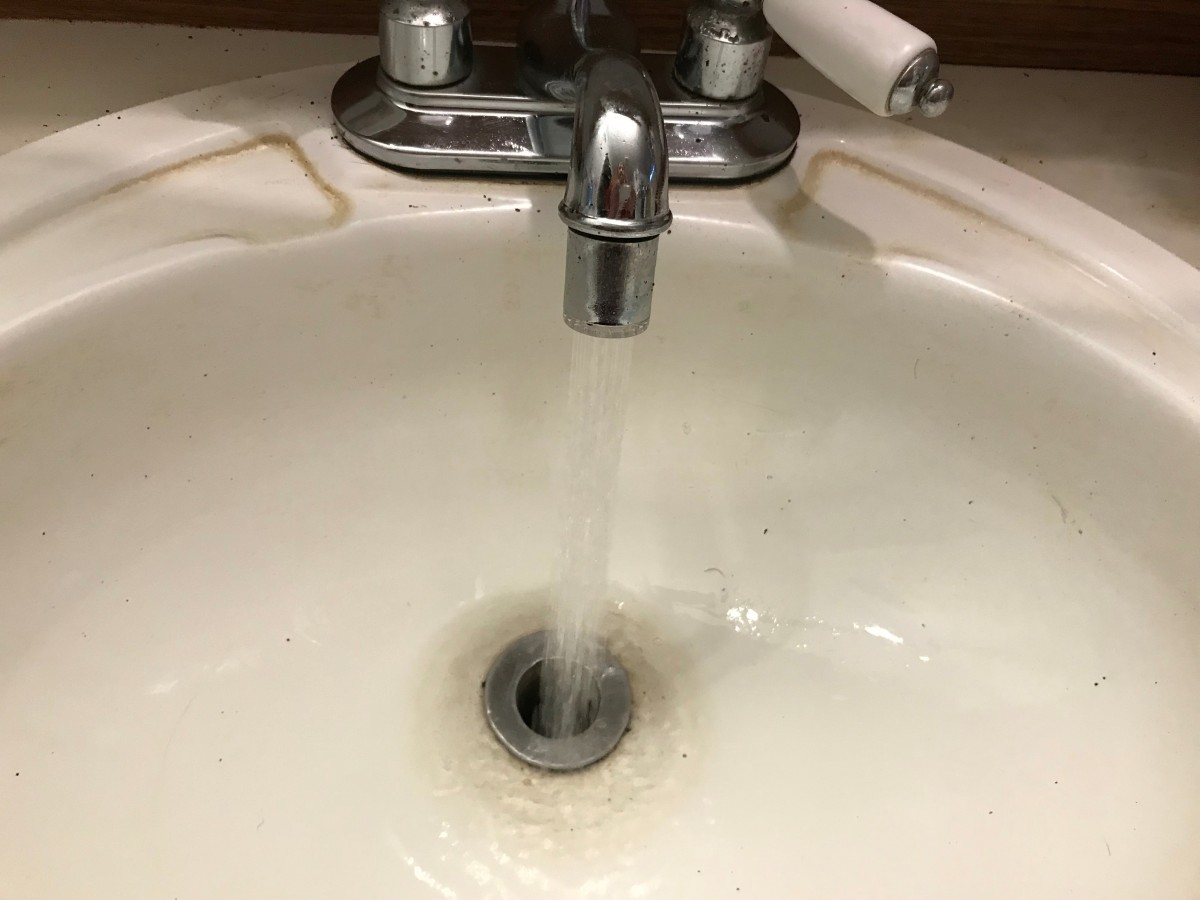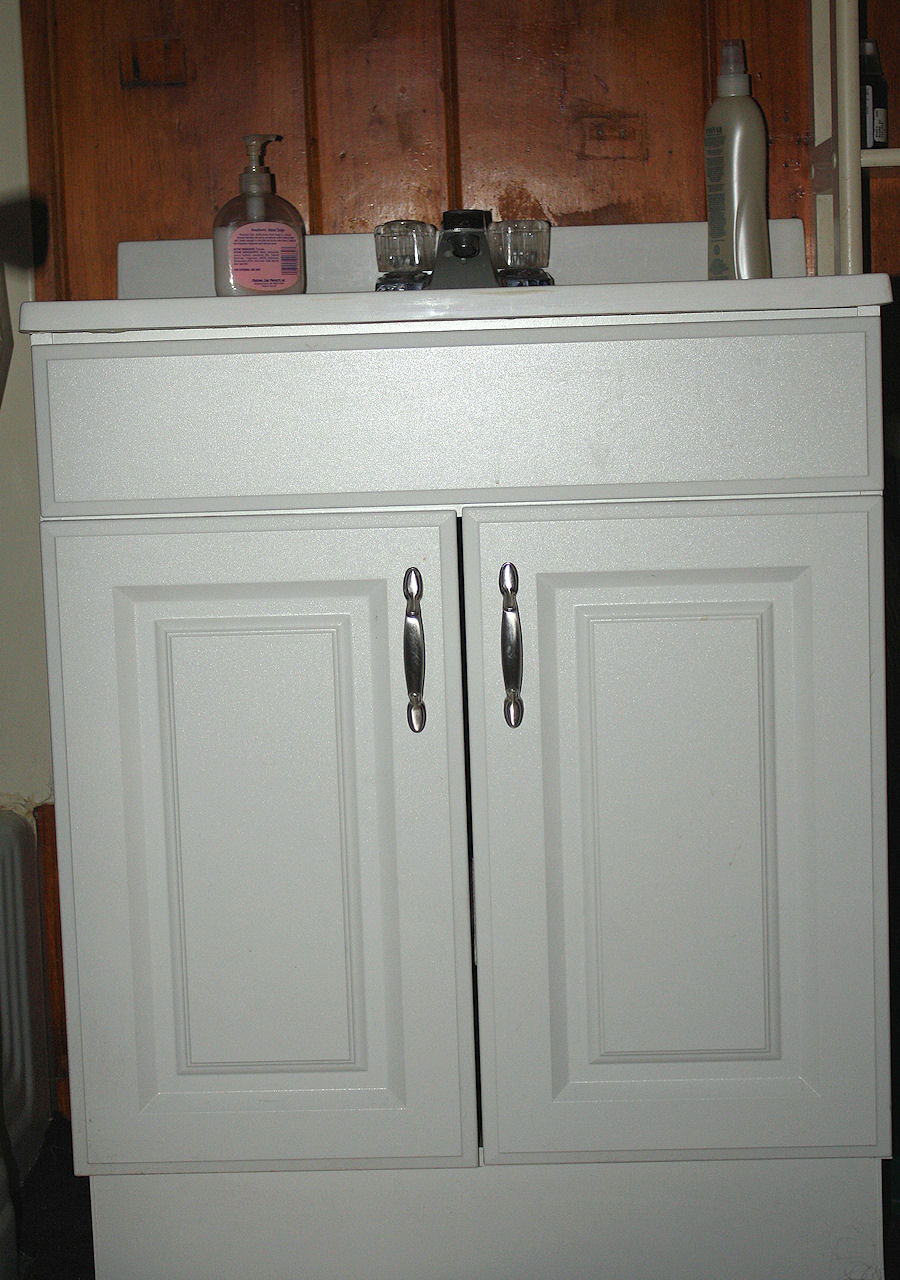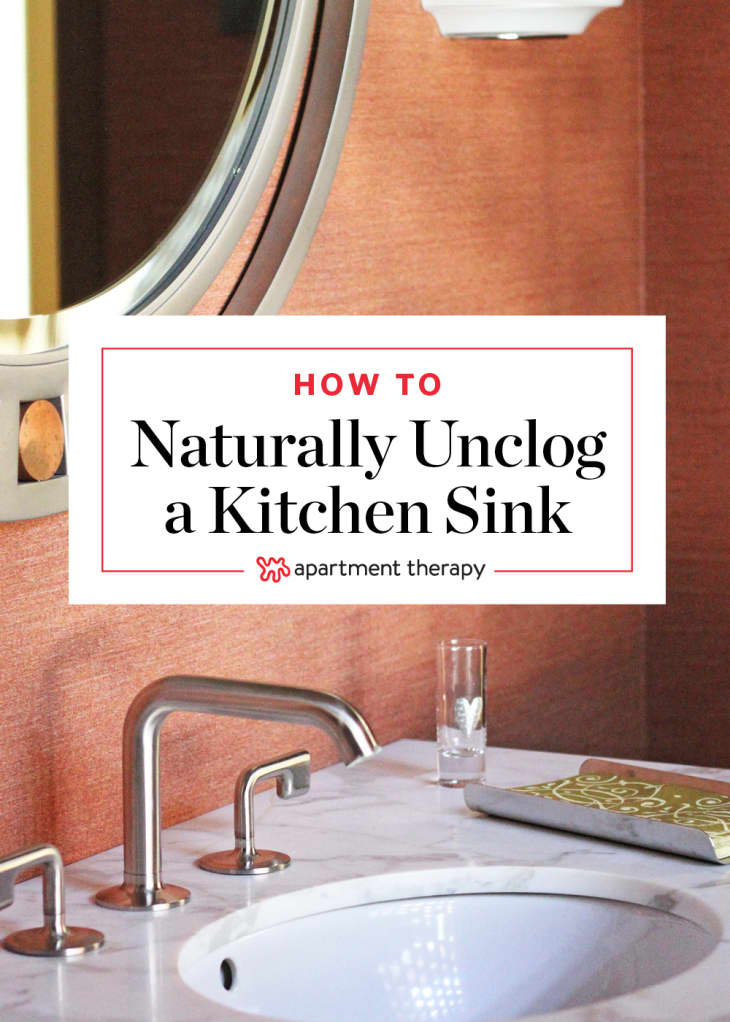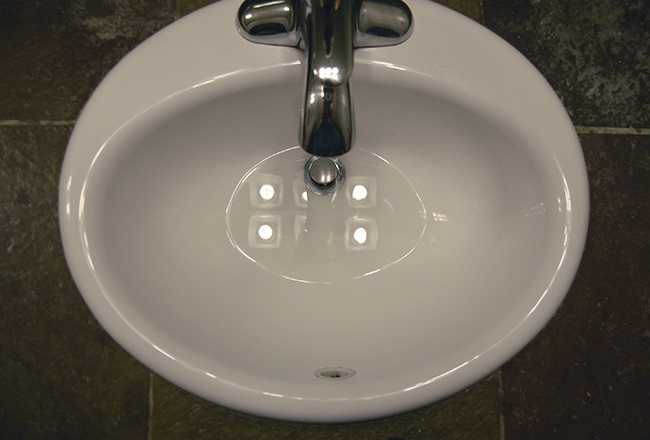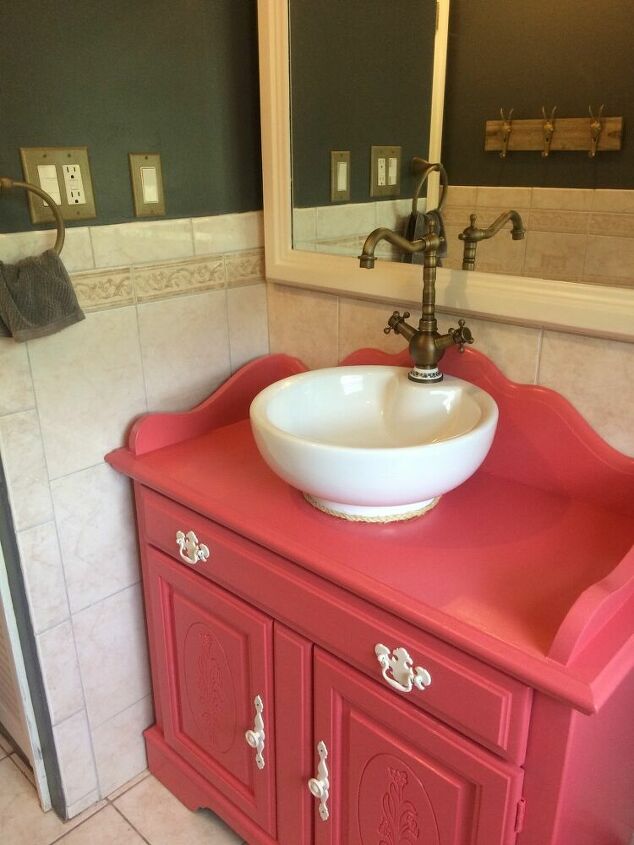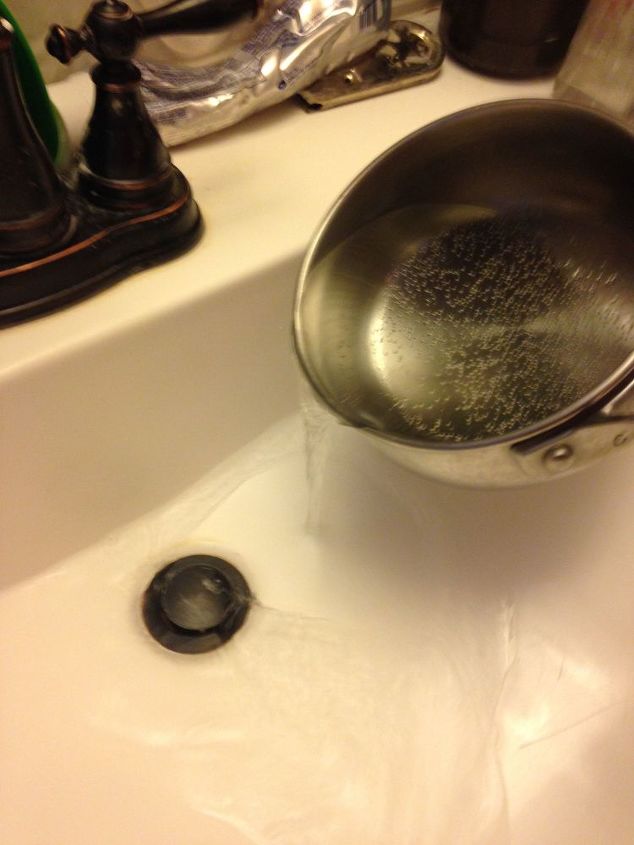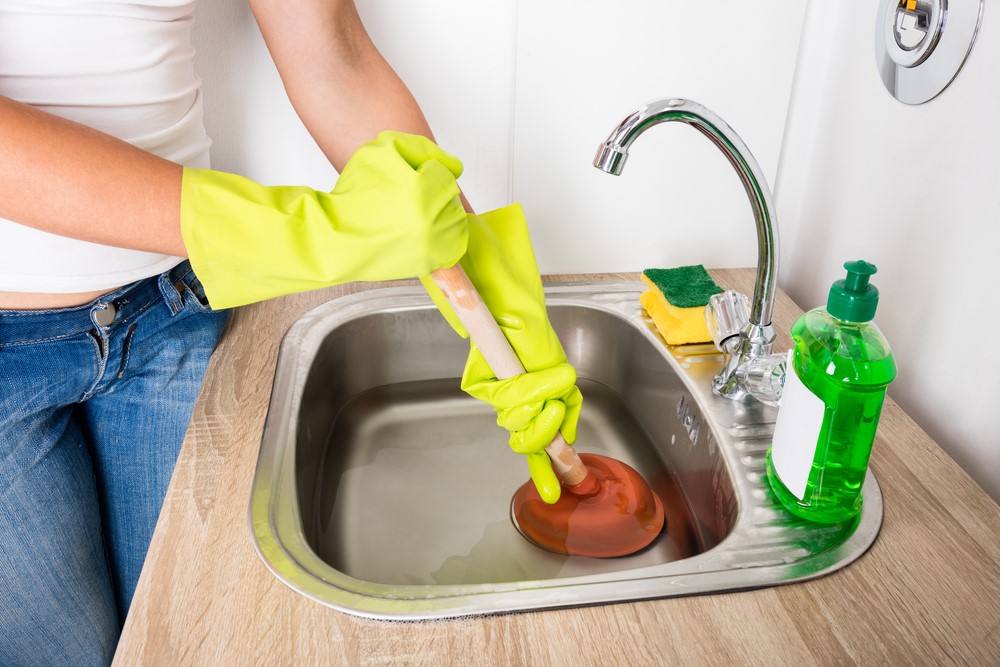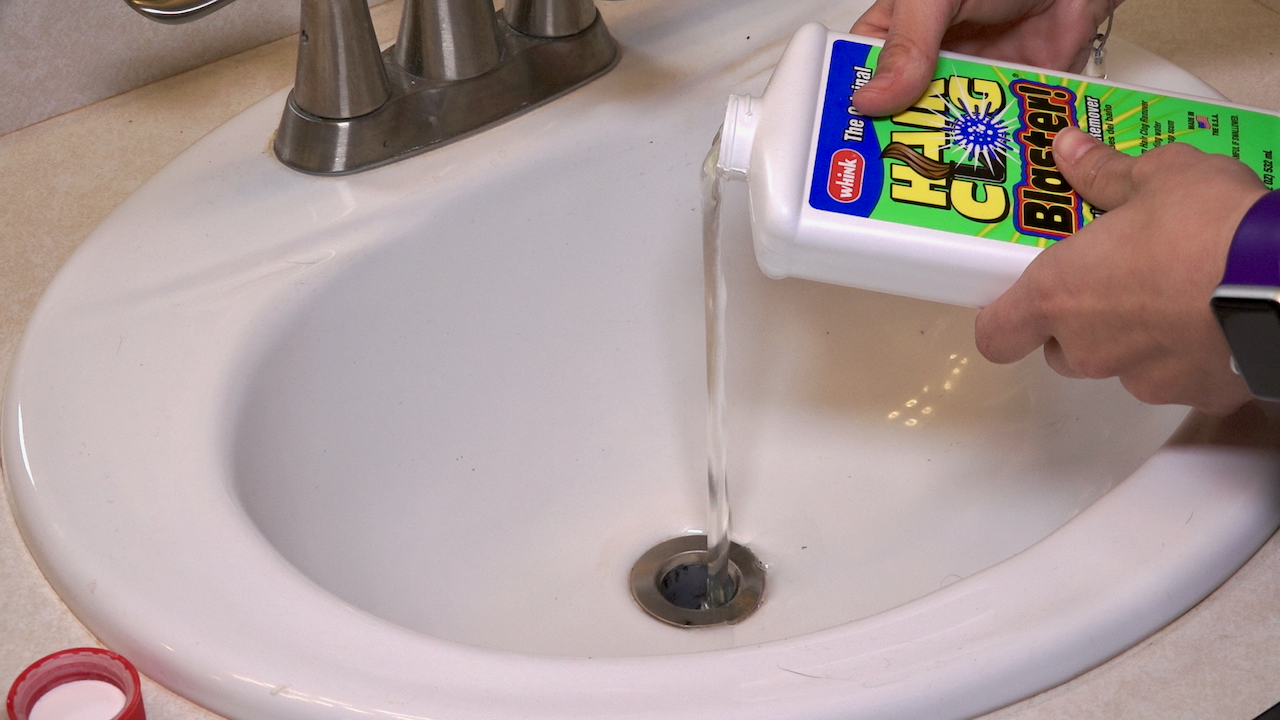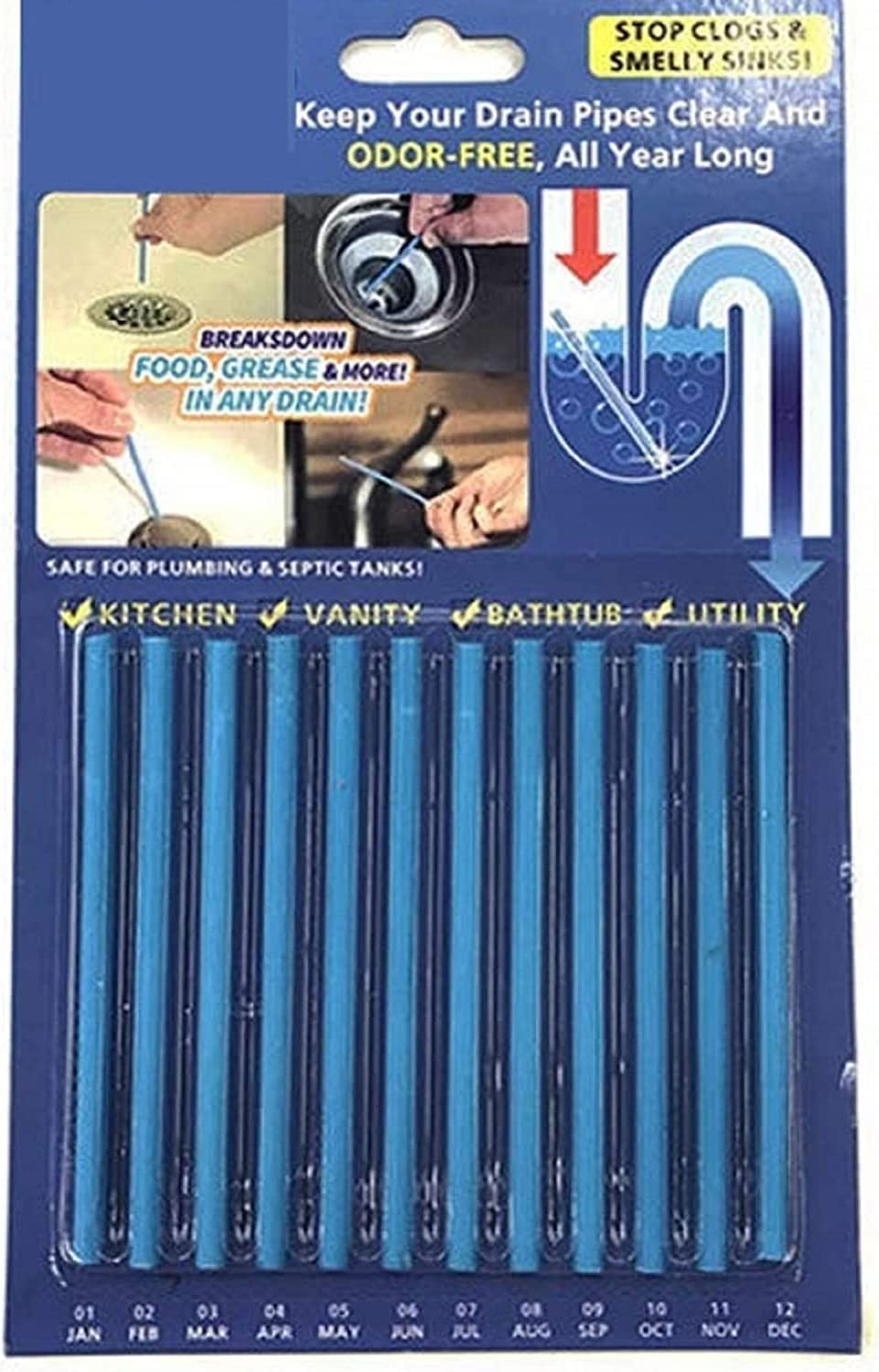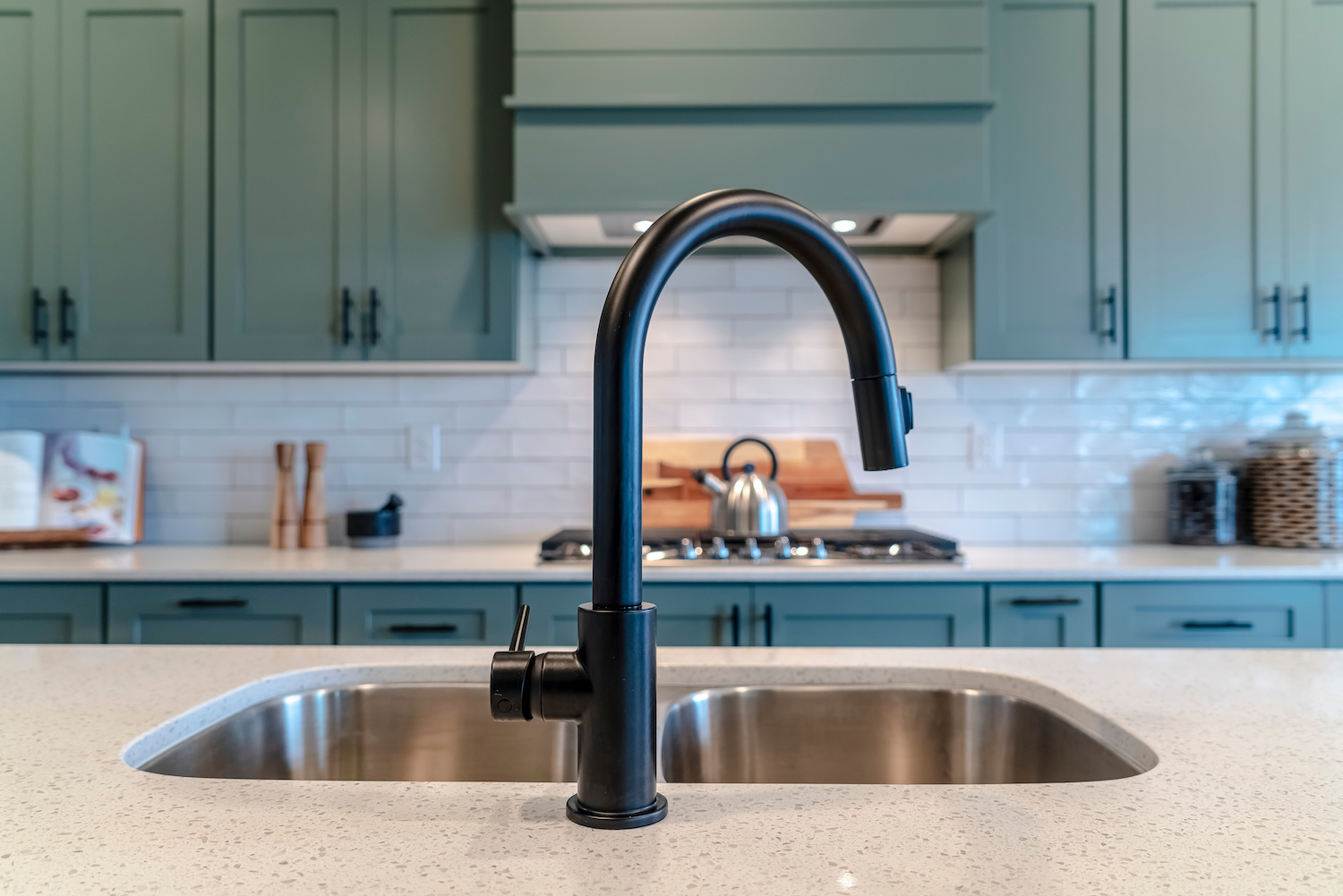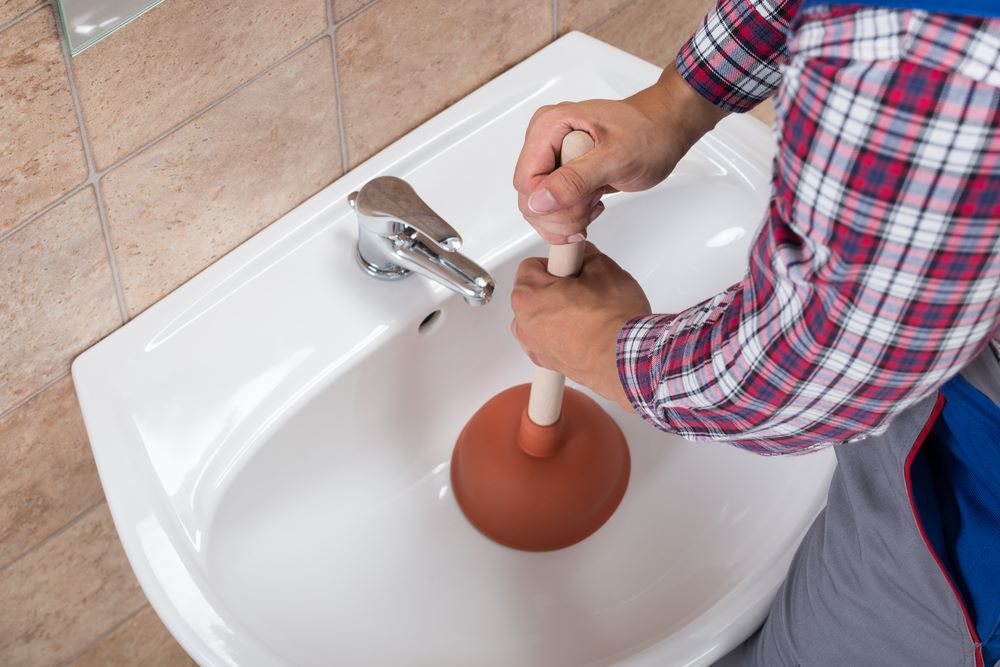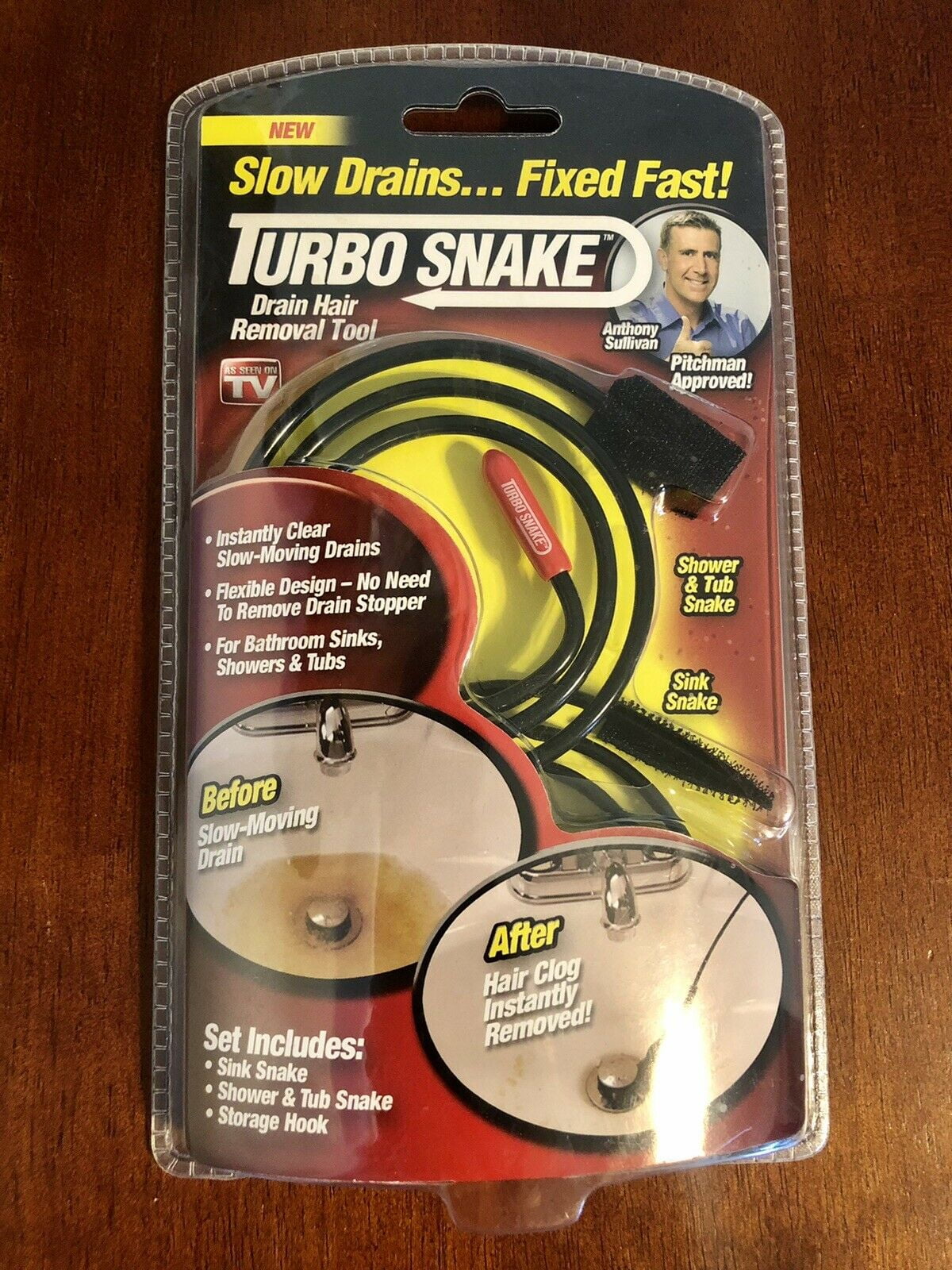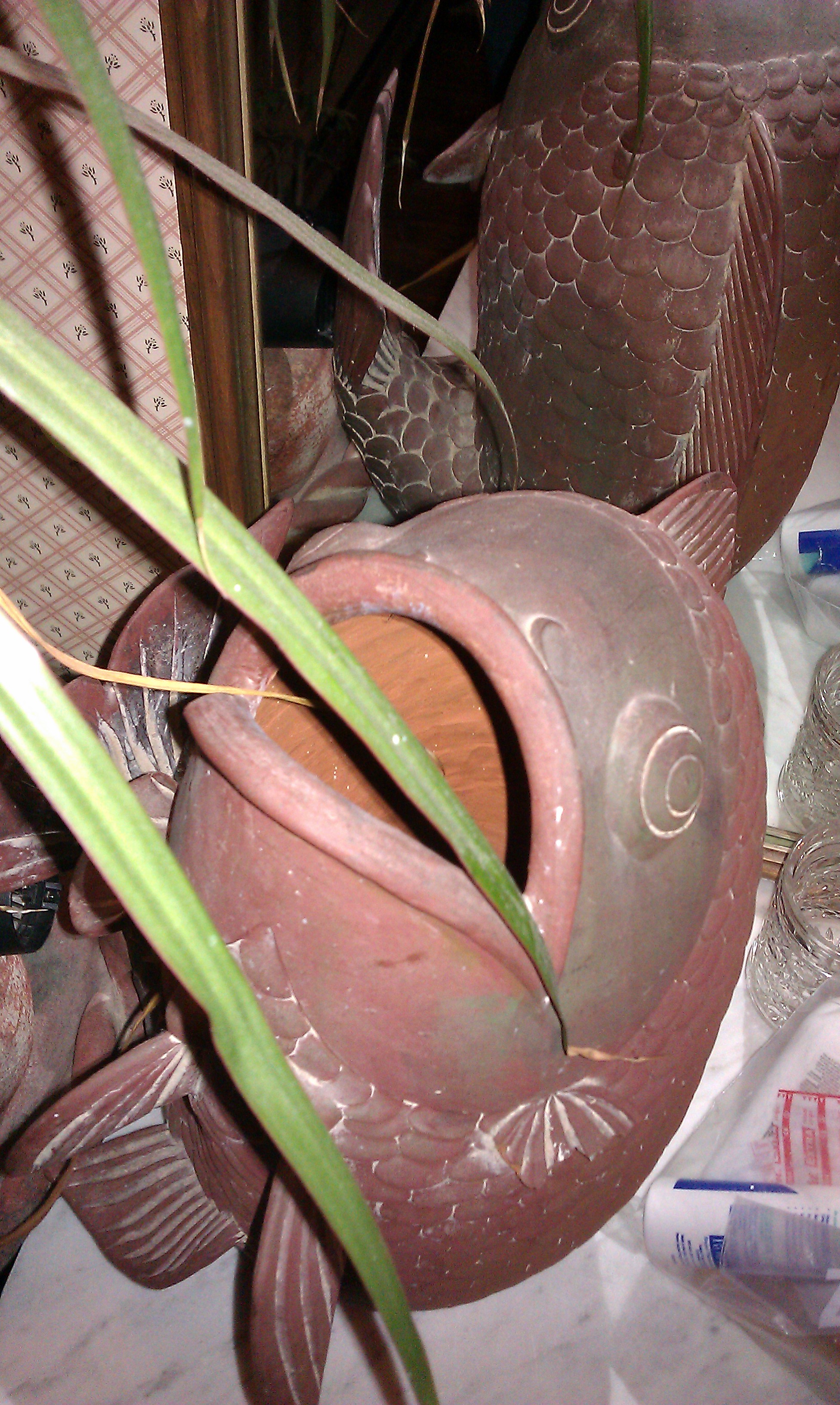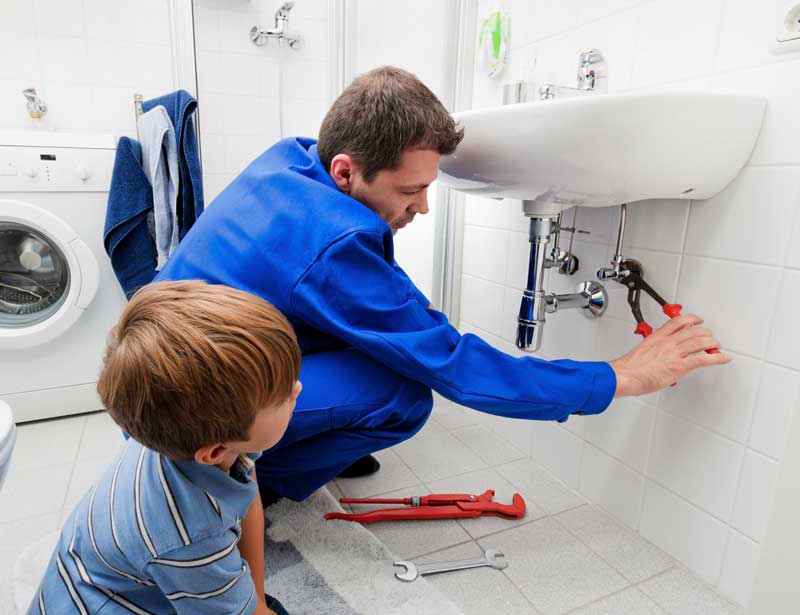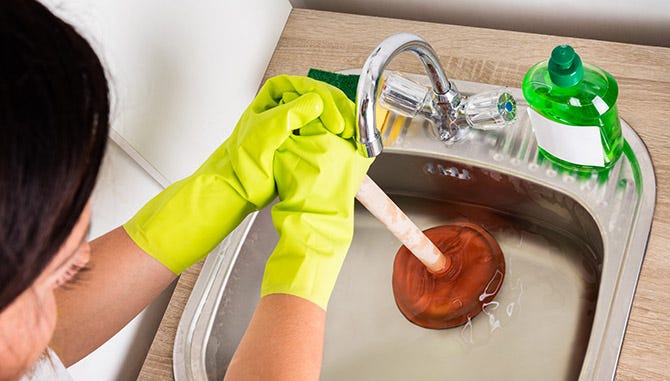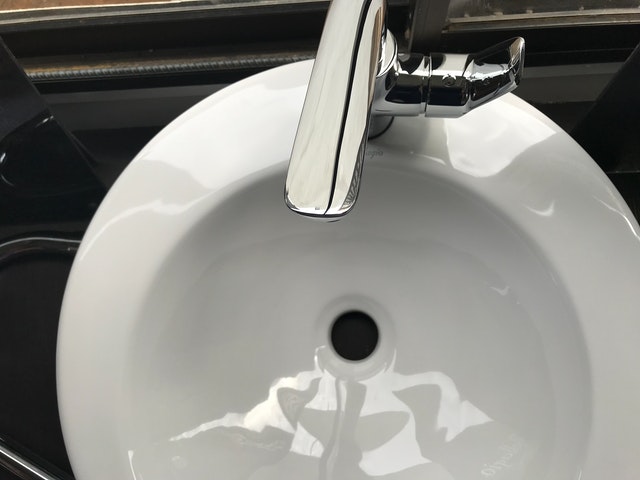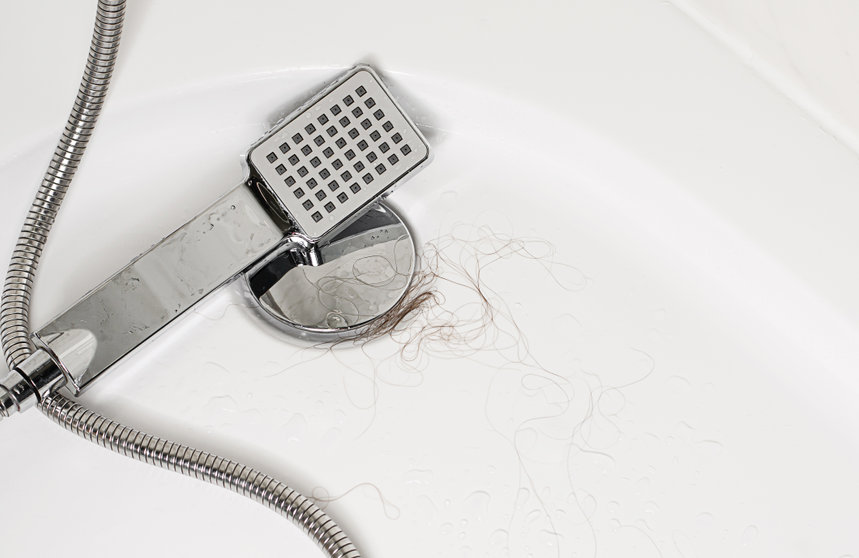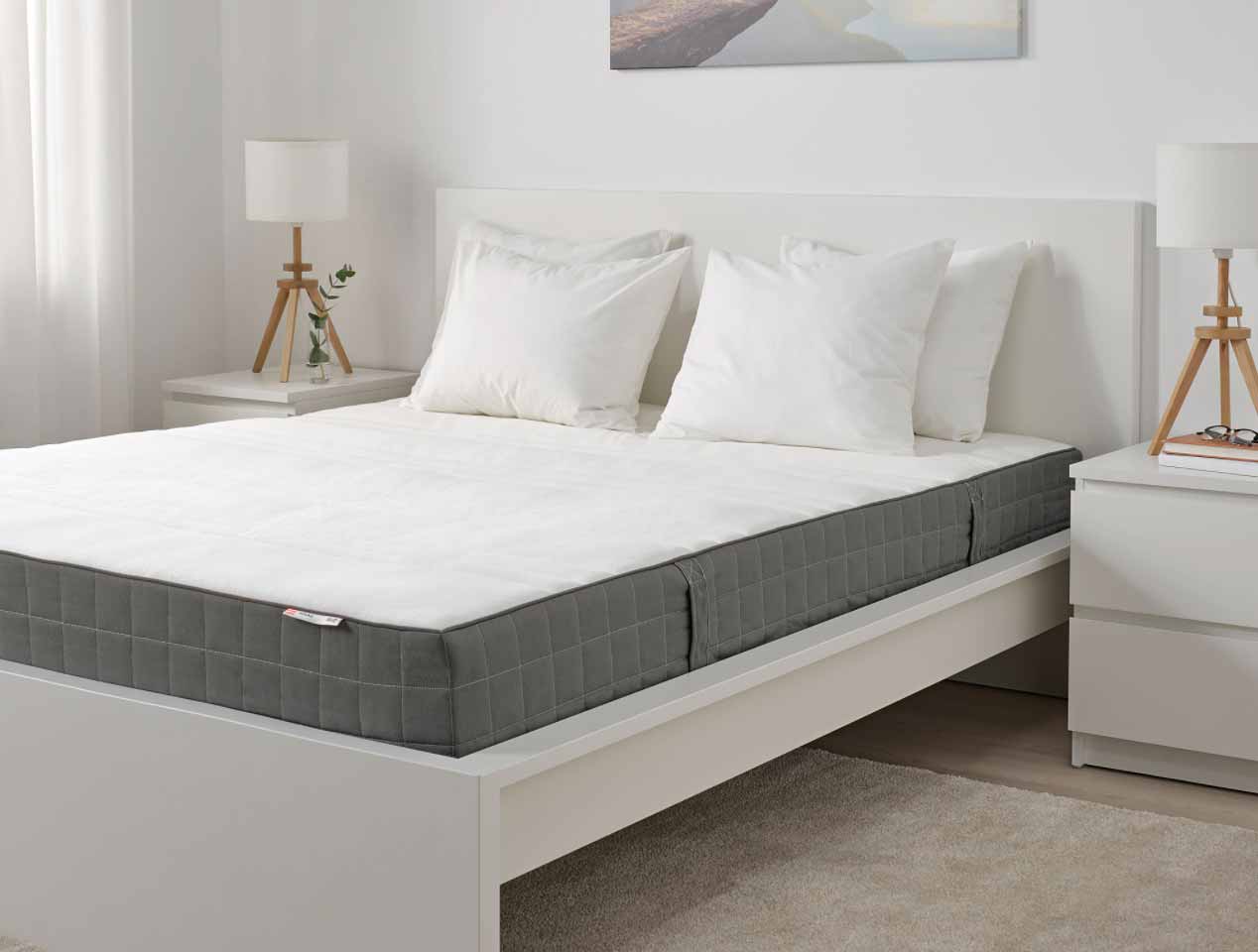If you've ever experienced a clogged bathroom sink, you know how frustrating it can be. Not only does it slow down your daily routine, but it can also lead to unpleasant odors and even more serious plumbing issues if left untreated. But fear not, with the right tools and techniques, you can easily take care of the clog and have your sink running smoothly again in no time.Unclogging a Bathroom Sink
Before you reach for a harsh chemical drain cleaner, try these DIY solutions first. One common method is to use a plunger to dislodge the clog. Place the plunger over the drain and push down firmly, then pull up quickly to create suction. Repeat this a few times until the water starts to drain. Another option is to use a plumbing snake, which can reach deep into the pipes and break up the clog. Insert the snake into the drain and twist it as you push it further in, then pull it back out.How to Fix a Clogged Bathroom Sink
If the plunger and snake methods don't work, you can try a natural remedy to unclog your bathroom sink. Pour half a cup of baking soda down the drain, followed by half a cup of vinegar. Let this mixture sit for about 30 minutes, then pour a pot of hot water down the drain. The combination of baking soda and vinegar creates a chemical reaction that can break up the clog. You can also try pouring boiling water directly down the drain to help loosen any debris.DIY Bathroom Sink Clog Remedy
If you're still having trouble with a clogged bathroom sink, it may be time to remove the trap and clean it out. The trap is the curved pipe under the sink that traps debris and can often be the source of clogs. Place a bucket or bowl under the trap to catch any water, then use a wrench to loosen the nuts and remove the trap. Clean out any debris and then reattach the trap, making sure to tighten the nuts securely.Clearing a Clogged Bathroom Sink
Prevention is always the best solution, so make sure to properly maintain your bathroom sink to avoid clogs in the first place. Avoid pouring grease, oil, and food scraps down the drain, as they can harden and cause clogs. Use a drain cover to catch any hair and other debris that can accumulate in the pipes. Regularly clean the stopper and pop-up mechanism to ensure they are free of any buildup that can lead to clogs.Bathroom Sink Clog Solutions
If the clog is located deeper in the pipes, you may need to use a chemical drain cleaner. However, these products can be harsh and may cause damage to your pipes if used too frequently. Make sure to carefully follow the instructions and use protective gear when handling these chemicals. You can also hire a professional plumber to safely remove the clog and assess any potential damage to your plumbing.Removing a Clog from a Bathroom Sink
To keep your bathroom sink running smoothly, it's important to take preventative measures. Install a water softener if you have hard water, as the minerals in hard water can cause buildup in pipes. Regularly clean your sink and drain to prevent any buildup of grime and soap scum. Consider using a natural enzyme-based drain cleaner once a month to break down any organic matter that may be accumulating in your pipes.Preventing Clogs in Your Bathroom Sink
If you prefer to use a commercial product to unclog your bathroom sink, look for one that is specifically designed for sinks and is safe for your pipes. Some popular options include Drano Max Gel Clog Remover, Liquid-Plumr Clog Destroyer Plus+ PipeGuard, and Green Gobbler Drain Opening Pacs. Always follow the instructions carefully and consider using a plunger or snake in combination with the product for better results.Best Products for Unclogging a Bathroom Sink
If you've tried all the DIY methods and still can't clear the clog, it may be time to call in the professionals. A licensed plumber will have the necessary tools and expertise to safely remove the clog and prevent any further damage to your pipes. They can also assess the situation and provide recommendations for preventing future clogs.Professional Bathroom Sink Clog Removal
Understanding the common causes of bathroom sink clogs can help you prevent them in the future. Hair is one of the main culprits, along with soap scum and toothpaste buildup. Other common causes include foreign objects like jewelry or small toys accidentally falling into the drain, and build-up of grease and oil from personal care products. By being mindful of what goes down your sink and regularly maintaining it, you can avoid the inconvenience and expense of a clogged bathroom sink.Common Causes of Bathroom Sink Clogs
Preventing a Clogged Bathroom Sink: Tips for Efficient House Design
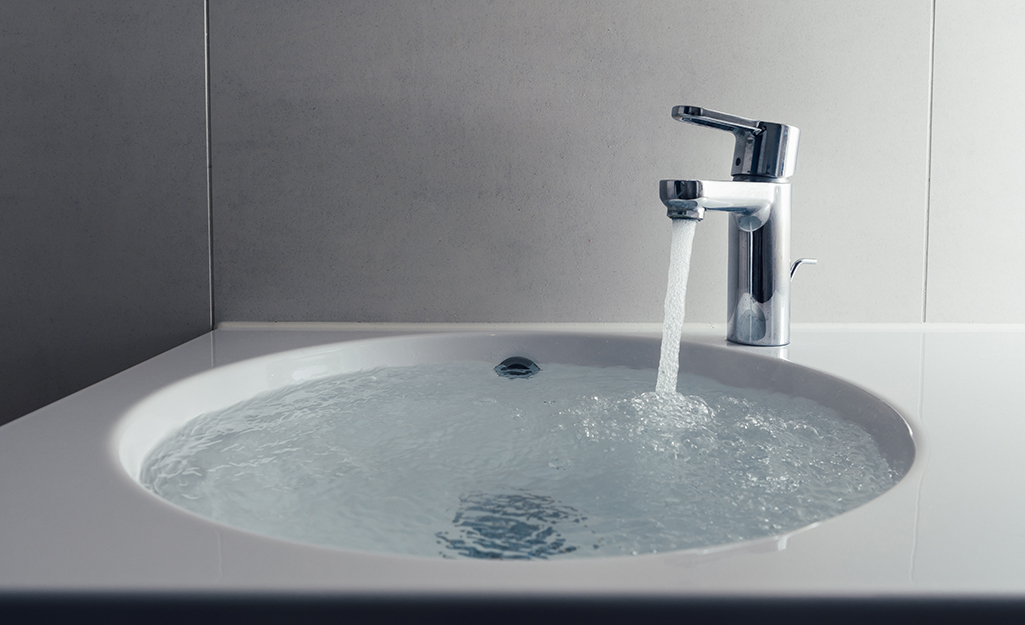
Maintaining the Functionality of Your Bathroom Sink
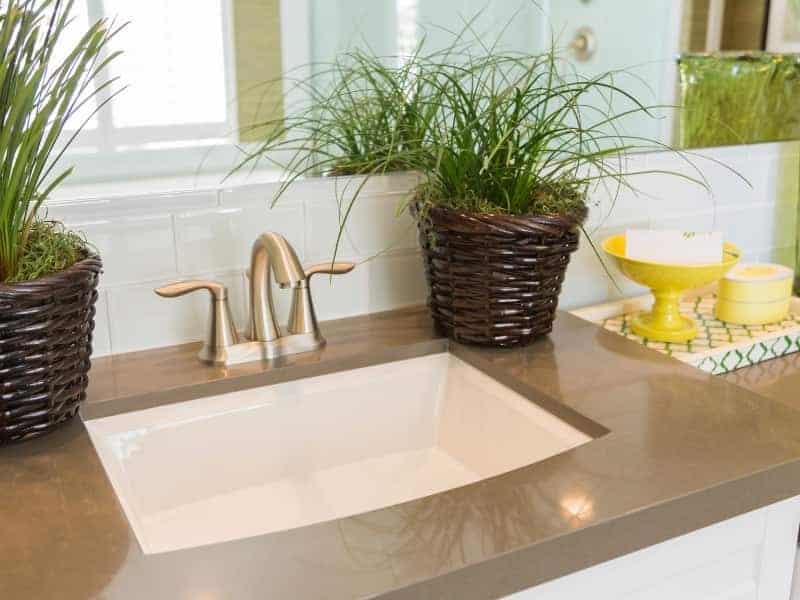 When it comes to house design, every aspect of a home is important. From the layout to the decor, every detail contributes to the overall look and feel of a space. However, functionality should also be a key consideration in house design. This is especially true for high-traffic areas like the bathroom. One common issue in bathrooms is a clogged sink, which can cause inconvenience and frustration. To prevent this problem, it is important to understand the root causes and implement effective solutions.
Clogged bathroom sinks are often caused by a buildup of debris, hair, and soap scum.
This can happen over time, as these substances accumulate and block the drain. To prevent this, regularly
cleaning your bathroom sink
is crucial. This not only keeps the sink looking clean and hygienic but also prevents potential clogs. Use a plunger or a drain snake to remove any debris or hair that may be stuck in the drain. For stubborn clogs, you can also try using a mixture of baking soda and vinegar, followed by boiling water to break down any buildup.
When it comes to house design, every aspect of a home is important. From the layout to the decor, every detail contributes to the overall look and feel of a space. However, functionality should also be a key consideration in house design. This is especially true for high-traffic areas like the bathroom. One common issue in bathrooms is a clogged sink, which can cause inconvenience and frustration. To prevent this problem, it is important to understand the root causes and implement effective solutions.
Clogged bathroom sinks are often caused by a buildup of debris, hair, and soap scum.
This can happen over time, as these substances accumulate and block the drain. To prevent this, regularly
cleaning your bathroom sink
is crucial. This not only keeps the sink looking clean and hygienic but also prevents potential clogs. Use a plunger or a drain snake to remove any debris or hair that may be stuck in the drain. For stubborn clogs, you can also try using a mixture of baking soda and vinegar, followed by boiling water to break down any buildup.
Proper Maintenance and Care for Your Bathroom Sink
Conclusion
 Incorporating these tips into your house design can help prevent a clogged bathroom sink and keep your bathroom functioning efficiently. Regular cleaning and maintenance, proper use and care, and choosing the right sink can all contribute to a clog-free bathroom sink. By taking these steps, you can ensure that your bathroom not only looks great but also functions flawlessly.
Incorporating these tips into your house design can help prevent a clogged bathroom sink and keep your bathroom functioning efficiently. Regular cleaning and maintenance, proper use and care, and choosing the right sink can all contribute to a clog-free bathroom sink. By taking these steps, you can ensure that your bathroom not only looks great but also functions flawlessly.

/plumber-unclogging-kitchen-sink-169270382-5797a9355f9b58461f27f024.jpg)



